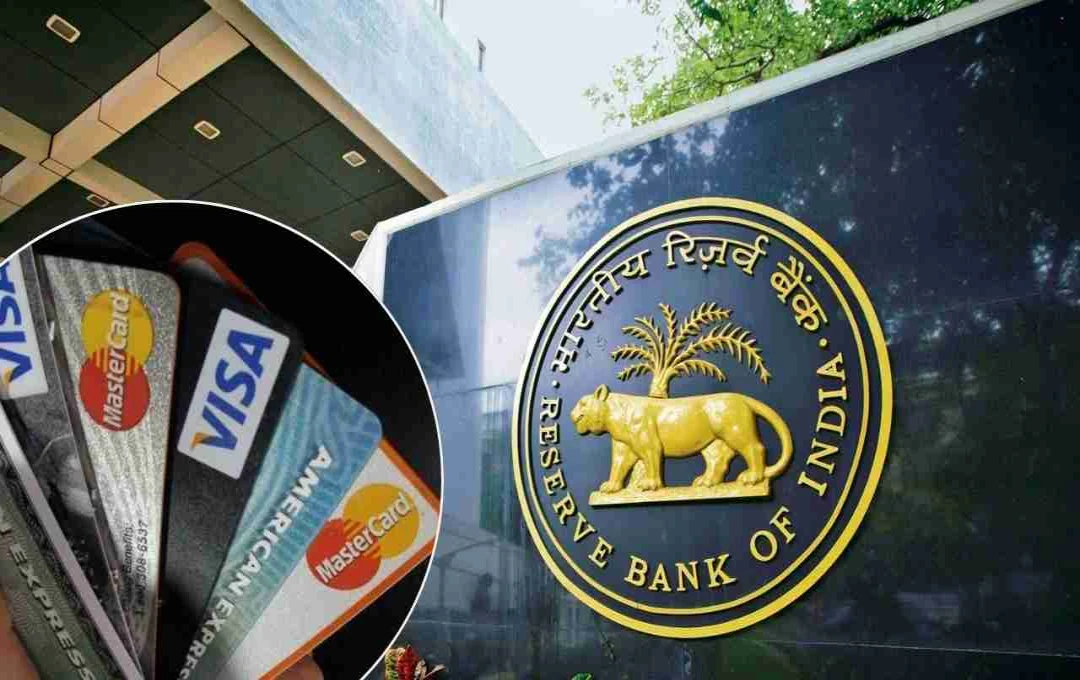RBI has advised banks to reduce debit card, minimum balance, and late payment fees charged to customers. The suggestion aims to promote a transparent fee structure and equitable treatment, which will provide relief to customers.
RBI Update: The Reserve Bank of India (RBI) has advised banks to reduce some key fees charged to customers. This includes common fees such as debit card charges, late payment fees, and minimum balance penalties. This move could provide relief to millions of customers. However, the RBI has not ordered banks to set any fixed cap, but has only suggested that fees be made lower and more transparent.
Why Fees Are Being Reduced
The RBI believes that many fees collected by banks are becoming a burden for customers. Low-income customers and those in rural areas are particularly affected by these charges. In a large country like India, this directly impacts millions of families. This is why the RBI has instructed banks to move towards customer-friendly banking.
Impact on Banks from Fee Reduction
A report by news agency Bloomberg indicates that if banks reduce fees, their earnings, amounting to billions of rupees, could be affected. In the June 2024 quarter, banks earned ₹510.6 billion from fees, a 12% increase from the previous year. This means that fees have become a significant part of banks' non-interest income. However, the RBI's pressure is now clear: customers must receive relief.
Special Focus on Poor and Low-Income Customers
The RBI is most concerned about customers with low monthly incomes. Minimum balance charges and late payment fees often affect such customers who have little money in their accounts. These charges further deplete their savings. In light of this, the RBI has stated that banks must reconsider their fee structures.
Current State of Processing Fees
According to online financial marketplace BankBazaar, processing fees for retail loans and small business loans currently range from 0.5% to 2.5%. Meanwhile, some banks cap home loan fees at ₹25,000. This indicates a significant variation in fees across different banks, a disparity that has caught the RBI's attention.
Why Transparency in Fee Structure Is Essential
The RBI has observed that different fees are being charged to different customers for the same product, which goes against fairness. The Indian Banks' Association (IBA) is discussing this issue with banks, and the RBI is scrutinizing over 100 retail banking products. The RBI's objective is to ensure equitable treatment for every customer and to avoid hidden charges.
Surge in Customer Complaints
Data from the RBI's Integrated Ombudsman Scheme indicates a rapid increase in customer complaints. In 2023-24, the number of complaints reached 9.34 lakh, representing a 50% rise in two years. Complaints received by the RBI Ombudsman alone increased by 25% to 2.94 lakh. The Governor also noted that 95 commercial banks received over 1 crore complaints in 2023-24 alone. If complaints against NBFCs are added, this figure would be even higher.
RBI Governor's Message
In March 2024, RBI Governor Sanjay Malhotra clearly stated that banks and NBFCs should take customer complaints seriously. He even suggested that MDs and CEOs of banks should dedicate time to personally listen to customer complaints at least once a week. This indicates that the RBI no longer considers customer service merely a formality but is making it a core responsibility.
Challenge for Banks
Banks now face a dual challenge. On one hand, they must manage their revenue model, and on the other, they must treat customers fairly and transparently. If banks reduce fees, their earnings will be affected, but this will increase customer trust. This move by the RBI could strengthen the banking system in the long run.













